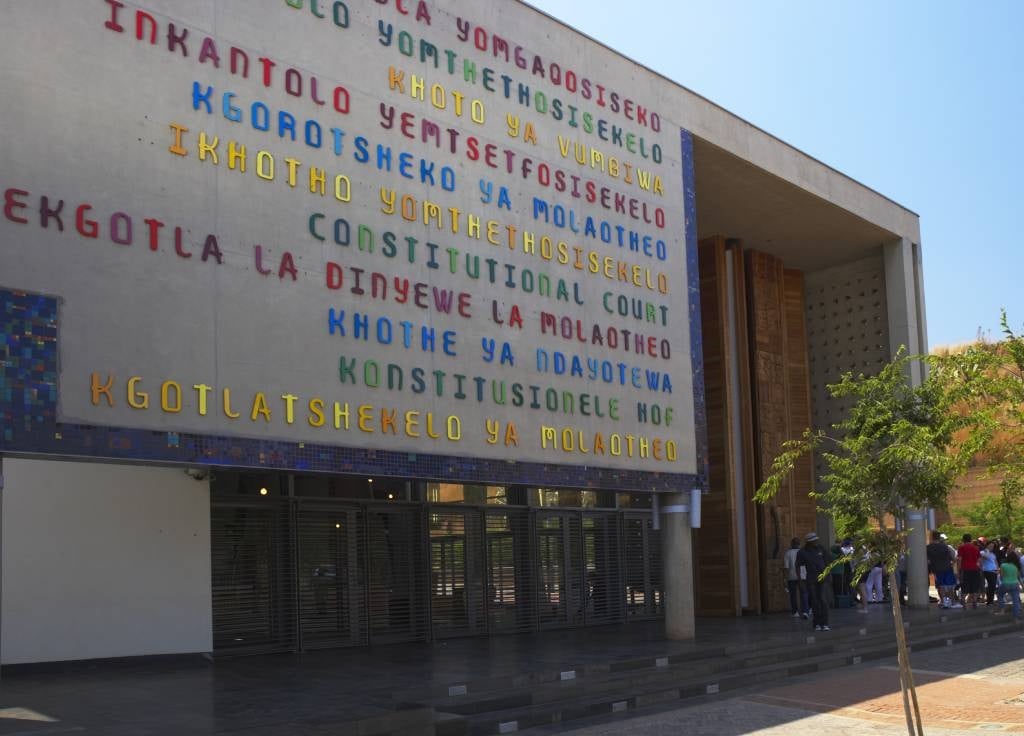
The hardships and turmoil suffered to get us where we are today also inspired thinking about the type of Constitution that would be best for our country, writes Thembi Siweya.
Occasions such as the 27th April (Freedom Day) and 16th June (Youth Day) offer an opportunity to take a step back and take stock. And one of the critical issues to consider is how the laws and policies of the country are made, who can influence what they look like, and for whose benefit are they made.
One of the primary reasons the country’s Constitution is said to be among the most progressive in the world is because of how it provides for both representative and participatory democracy.
Through elections that have been successfully happening every five years without fail, representative democracy is seen through voting for a public representative and political parties of choice. In between elections, the government is obliged to consult affected people, organisations, and communities when making laws and policies, meaning there is participatory democracy.
Indeed, South Africa’s freedom did not come for free.
The hardships and turmoil suffered to get us where we are today also inspired thinking about the type of Constitution that would be best for our country. And weaknesses can indeed be highlighted.
Participatory democracy
The fact though, is that as it learns from its mistakes, the government has been looking at how best to ensure that the Constitutional requirements of a representative and participatory democracy are implemented better and more firmly.
What is particularly encouraging is how this type of democracy has provided for many who have taken up opportunities presented by our country’s constitutional order. It might be that there is a specific law that more directly made such progress possible. But such law is generally based on the South African Constitution in terms of what it says and how consultation happened for it to be written. Take for example, the story of retrenched workers of Rainbow Chicken.
One-hundred and-twenty-nine former employees of Rainbow Chicken started their initiative, called Isukile Agricultural Co-operative in December 2020. It is reported that this innovative "Thuma Mina" type of effort now has over 30 employees. The commemoration of Freedom Day is also about appreciating how our constitutional order has made these types of good stories possible. Not to say we do not acknowledge wrong turns and mistakes. But that we do not allow ourselves to accept that South Africa’s story is only one of doom and gloom.
If one reads the SA Good News website, you will better appreciate how strides have been made to bring our Constitution to life.
For example, only six countries have a higher proportion of women parliamentarians to South Africa, standing on over 40%. According to the Open Budget Index 2019, South Africa has the most transparent Budget in the world, behind New Zealand and Sweden.
Supreme law
In his latest book, Neither Settler Nor Native, one of Africa’s leading scholars, Ugandan-born Mahmood Mamdani says that compared to five countries he studied, South Africa has been able to break colonial divisions and start a new political community. While referring to the South African national project as an "incomplete success", he points out that instead of punitive justice, "... South Africans sat around the conference table".
The outcome of this approach to our apartheid past is the South African Constitution and the laws that are made based on this supreme law. And it is through the spirit and letter of this Constitution, we have the kind of women representation in legislatures, among other key and important institutions. It is also why we approach our country’s Budget in the way that we do. And knowing that our freedom did not come free, we must cherish these positive stories about our country and build on them to realise the type of future we want.
- Thembi Siweya is Deputy-Minister in the Presidency
To receive Opinions Weekly, sign up for the newsletter here. Now available to all News24 readers.
*Want to respond to the columnist? Send your letter or article to opinions@news24.com with your name and town or province. You are welcome to also send a profile picture. We encourage a diversity of voices and views in our readers' submissions and reserve the right not to publish any and all submissions received.
Disclaimer: News24 encourages freedom of speech and the expression of diverse views. The views of columnists published on News24 are therefore their own and do not necessarily represent the views of News24.
